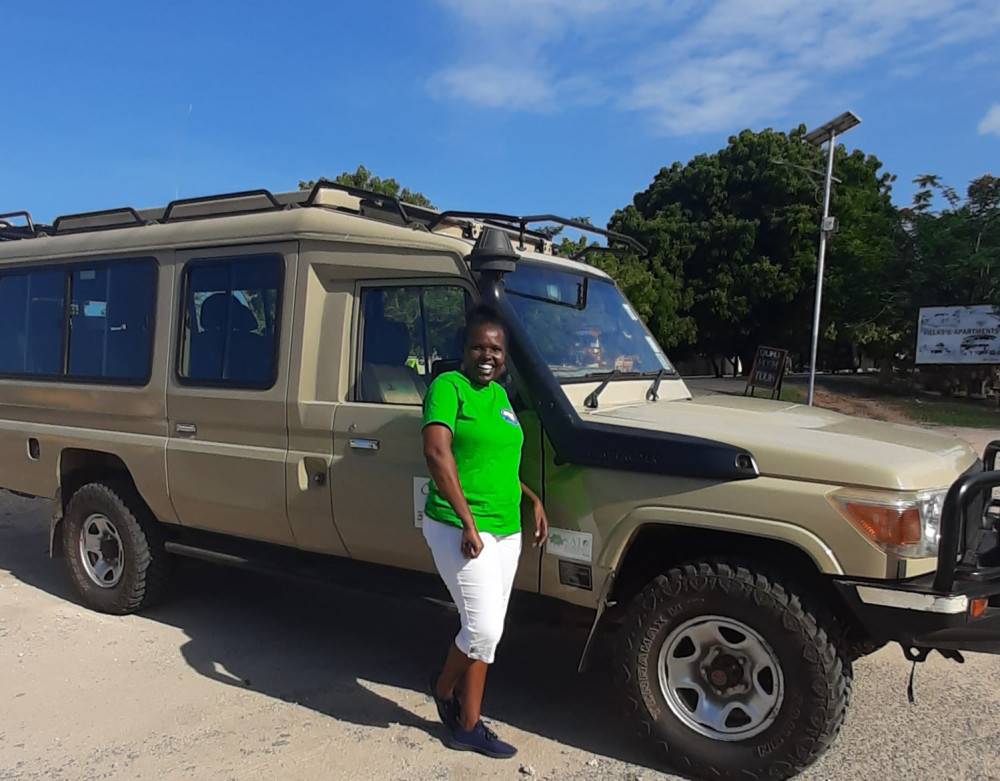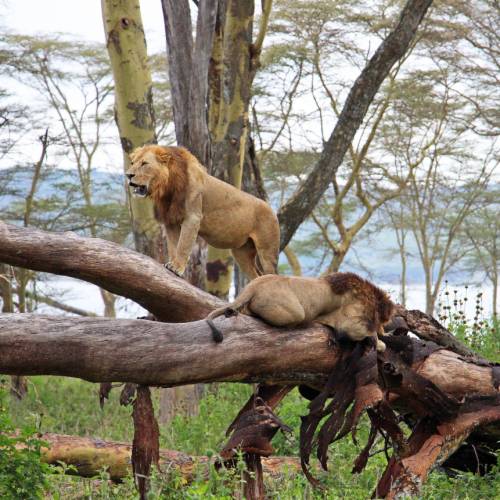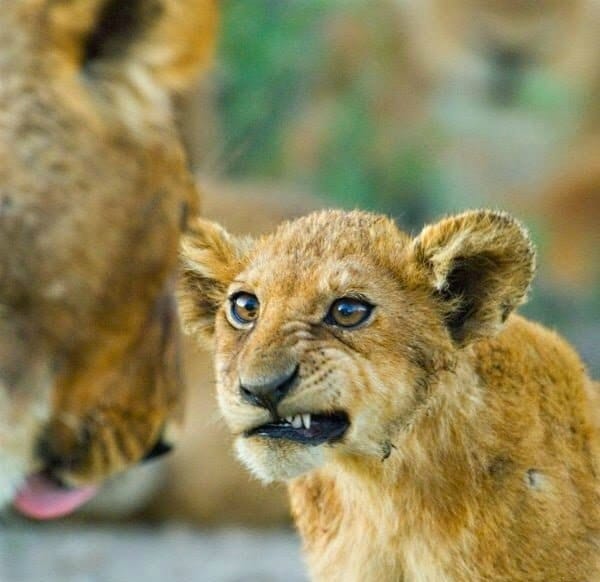Good Advice For Deciding On Diani Beach Taxi
Wiki Article
What Safety And Security Precautions Should I Be Aware Of Before A Holiday In Mombasa Kenya?
It is essential to keep an eye on the security and safety concerns when you visit Mombasa in Kenya. This will help ensure an enjoyable and safe journey. Here are some important points you should remember.
1. General Security
Keep up-to-date. Keep abreast of local news, as well as travel advisories from your country of residence.
Register at Your Embassy.
2. Health Precautions
Vaccinations: Be sure to keep up-to-date with routine vaccinations. Think about additional vaccines such as Hepatitis A and B and Typhoid, Yellow Fever.
Prevention of Malaria: Mombasa is a malaria-endemic zone. Make use of antimalarial medications as well as insect repellents. Sleep under mosquito nets. Wear long sleeves.
Water and food safety. Drink bottled water and stay clear of eating ice. Street food should be avoided.
3. Personal Safety
Avoid walking around alone at night Make sure you stay in areas that are well-lit and well-populated. Avoid walking on beaches at night, or in dark areas.
Secure Your Valuables Hotel safes are a good option for passports, cash, and other valuables. Avoid displaying expensive electronic devices or jewelry.
Use Reputable Transportation: Choose certified taxis or ride-hailing companies. Your hotel can help arrange transportation. Avoid unmarked taxis.
4. Local Laws and Customs
Be modest in your attire. This is particularly important when you visit religious sites. Pay attention to the customs and beliefs in your local area.
The Kenyan laws on drugs are very strict and punishable by severe penalties. Avoid taking illegal drugs.
Photographers should always ask for permission before taking photographs of individuals, military or government structures, particularly in rural areas.
5. Beach and Water Safety
Swimming safely means being aware of local guidelines on currents and conditions. Make sure you are in designated swimming areas.
Be aware of marine wildlife like jellyfish and sea urchins. Walking on the beach requires appropriate footwear.
6. Crime Prevention
Petty Crimes: The theft of a purse, bag theft, and other crime can occur in crowded areas. Keep an eye out and be aware of your possessions.
Scams: Be wary of anyone who offers help that seems too generous or offer too appealing to be true. Make sure to use only tour operators that are licensed.
Emergency Contacts: Learn the local emergency numbers such as Police (999) (999), Fire (999) and Ambulance (999). Always keep the information of your consulate or embassy handy.
7. Natural Hazards
Weather: Mombasa experiences a tropical climate. The possibility of heavy rainfall and flooding are possible, especially during rainy season. Stay up-to-date with forecasts for weather.
Sun Protection: Wear hats and use sunscreen to protect yourself from the sunburn as well as heat exhaustion.
8. Travel Insurance
Comprehensive Coverage: Make sure you are covered by travel insurance that covers medical emergency situations, theft, loss or disruption to travel. Check if your insurance plan covers water sports and other activities that you intend to engage in.
With these security precautions You can rest and take in the beauty of your Mombasa holiday. Take a look at the most popular best holiday destinations in kenya for more examples including kenya safari holiday packages, trips to kenya, travel tours in kenya, trip tour companies, safar kenya, kenya safari and beach packages, trip tour companies, kenya safari and beach packages, safari a nairobi, travel tour companies and more.

What Are The Weather Conditions I Should Be Aware Of When I Visit Mombasa In Kenya?
When planning a holiday in Mombasa, Kenya, understanding the local weather patterns is crucial to packing properly and getting the most of your time. Here are some important factors to consider:
1. Climate Overview
Mombasa enjoys a tropical climate, with summer temperatures that are high throughout the year. Expect warm weather, with temperatures typically ranging between 24degC (75%F) to 32 degrees Celsius (90%F).
2. Seasons
The season of hot and humid (November through April) The period is characterized by high temperatures and high humidity. It's also the peak tourism season, especially in the months of January and December.
Long Rains: (April-June) The rainy season is characterized by heavy rains and storms. The roads may be muddy, making it difficult to travel. The low season is upon us.
Cooler Season (June to October) The coolest season is the most relaxing season to visit, with low humidity levels and temperatures. It's a nice climate, ideal for outdoor activities.
Short Rains: In this period it is a time of fewer and less severe rain showers. The rains tend to be short, and then followed by sun.
3. Packing Tips
Lightweight Clothing: Pack light and breathable clothes like cotton and linen to stay cool in the humid weather.
Rain Gear: If you travel in rainy weather you must bring an umbrella and a waterproof jacket and some waterproof shoes.
Sun Protection: Sunscreen that has an SPF of high and a wide-brimmed hat sunglasses, and light clothing that protects your skin provide protection from the intense sun.
Swimwear - Make sure to bring your swimwear when you visit the beach or hotel pools.
4. Weather-specific activity
Beach Time: The ideal time to visit the beach is from June to October in the months during which the weather is nice and the conditions for swimming are favorable.
The crystal clear, calm waters from November to March is the perfect time to snorkel or diving, as well as other water sports.
Wildlife Viewing. The cooler seasons (June-October) are also great for wildlife excursions or safaris since temperatures are more bearable.
5. Health-related Considerations
Be sure to drink plenty of water. The hot and humid weather will make it necessary to stay hydrated. Drink plenty water, especially when spending time in the outdoors.
Heat-Related Diseases: Be alert to the risks of heat exhaustion or heatstroke. Wear loose fitting clothing and avoid vigorous physical activity during peak temperatures.
6. Travel Adjustments
Rainy Season Travel: Be prepared to be faced with delays and disruptions if you visit during the season of rain. Certain roads may be unpassable. Outdoor activities are likely to be limited.
The rainy season is often responsible for flight delays. Prepare contingency planning and stay informed of your travel schedule.
7. Environmental Considerations
Natural hazards. Beware of the possibility of flooding when rains are heavy. Stay up-to-date with the weather and follow local safety advice.
Be mindful of the tides. They are unpredictable and could significantly impact beach activities. Consult tide schedules to ensure safety while beachcombing and swimming.
If you know what to anticipate from the weather conditions in Mombasa, you can better plan and prepare for your trip. Pack securely, and enjoy a pleasant trip. View the recommended kenya safaris Afrika for site recommendations including safari trips in africa, kenya africa travel, cheap kenya safari packages, african safari kenya, trip tour companies, kenya beach and safari holiday, safari company kenya, african safari tours kenya, kenya holiday packages, trips to kenya africa and more.

What Is My Responsibility As An Environmentalist, When I'm On Vacation In Mombasa Kenya?
When holidaying in Mombasa, Kenya, being eco-friendly is essential in order to safeguard the beauty and biodiversity of the region. Here are a few important environmental responsibilities to consider:
1. Sustainable Accommodation
Eco-Friendly Hotel: Select accommodations which are committed to sustainability. You can search for Eco-Tourism Kenya certifications as well as other eco-labels.
Join hotel initiatives that help conserve water and energy. Reuse linens, towels and towels. Also, shut off the air conditioner and lights when not needed.
2. Responsible Monitoring of Wildlife
Be respectful of wildlife. Avoid disturbing animals by ensuring that there is a safe space between you and them. Be sure to follow the rules provided by your guide on the tour.
Do not feed animals. The act of feeding wild animals may alter their diet and behavior.
Leave No Track: Don't litter in parks or wildlife reserves. Bring your garbage home to properly dispose of it.
3. Plastic Reduction
Avoid using plastics for single use. Use a reusable mug, bag, or an utensil.
Encourage local initiatives in your area. Participate in beach cleanups on your own or other organizations working to lessen the impact of plastic pollution.
4. Water Conservation
Mombasa is facing water shortage issues. Use shorter showers, and turn off the water taps whenever you're not using them.
Eco-Friendly Product: Reduce water pollution by using biodegradable, eco-friendly products.
5. Energy Conservation
Reduce energy consumption. Limit the use air conditioning, and unplug all electronic devices in the event that they aren't being used.
Encourage renewable Energy by selecting accommodations and tour companies that utilize renewable energies.
6. Sustainable Transportation
Public Transport: Use public transportation, such as matatus or buses, when possible to reduce your carbon footprint.
Try using bicycles to cover short distances. Certain places provide eco-friendly taxis.
7. Helping to support local economies
Buy Local: Help support your local economy by buying food and souvenirs from local vendors and artisans.
Fair Trade: Buy fair trade certified products to ensure that local farmers are fairly paid.
8. Environmental Education
Learn and share your knowledge. Be aware of local conservation efforts, as well as the environment. Share what you learn with other people to increase awareness.
Respect Local Cultures. Respect and understand traditions and customs in connection with the conservation of environmental resources.
9. Marine Conservation
If you're snorkeling or diving ensure that you avoid touching coral reefs. Make sure you use sunscreen safe for reefs to protect marine life.
Waste Disposal: Don't dispose of trash in the ocean. Join or support programs to protect marine life.
10. Ethical Souvenirs
Avoid products from wildlife. Avoid purchasing products made that contain endangered species. For instance, ivory and tortoiseshell.
Sustainable Materials: Select products made of recycled or sustainable materials.
11. Take part in conservation Activities
Consider volunteering in community tourism or conservation projects.
Support NGOs: Donate to local NGOs or conservation organizations working to protect the environment.
12. Responsible Travel practices
Travel in small smaller groups, with a close knit group to minimize environmental impact.
Eco-Tours Pick tour operators with eco-friendly policies and a commitment to sustainable development.
In keeping these environmental responsibilities in mind, it's possible to contribute to the preservation and beauty of Mombasa and the biodiversity of the region for future generations. View the top kenya mombasa train for blog info including kenya safari and beach packages, african safari kenya, tours and safaris, tour company, safari a nairobi, kenya safari beach, kenya tours and safaris, safari company kenya, trips to kenya safari, kenya beach mombasa and more.
